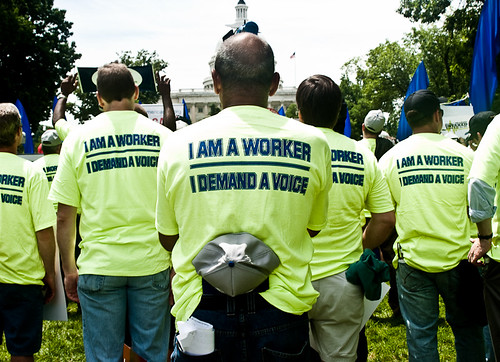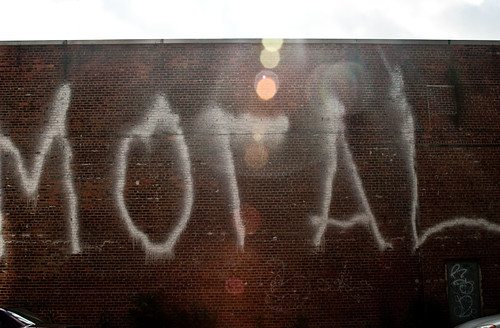I don’t think I knew it until I was washing the dishes this morning that I’ve been mad at Michael Jackson for years about
Billie Jean.
Seriously.
Like everyone, I was listening to Thriller on repeat upon hearing of his death. In 1982, washing the dishes was one of my household chores. I was eight. Billie Jean was playing on the radio and I finally listened to words of the song and got it.
Who was Billie Jean
anyway?
Somewhere, the synapses crossed and I think my eight-year-old brain rationalized that Michael, like my dad, or gave my dad a reason to pretend that I wasn’t actually his daughter.
The first time I called my father daddy, he looked me square in the eyes and told me never to call him daddy because I wasn’t his daughter. I understood and didn’t understand simultaneous. Because I looked like him. I had a space in my teeth like he did. No one on my mother’s side, including my mother had a space between their teeth. Their teeth were perfect. I thought he was kidding. He wasn’t. I think I got angry, because I knew it didn’t logically make sense. He certainly acted like he was my father, so why say some ish like that? Then I thought it must be because it made him feel old to have a daughter. Then I felt some sympathy. I mean no one wants to feel old. It smelled like ben gay, collard greens and mold. At least that’s how I imagined old to feel.
Everyone and their mother loved Billie Jean. I couldn’t tell if it was because it was a good song or simply because of Michael’s deft gravity reversing soft shoe push across the stage and then subsequent toe stand as a ballet dancer. I didn’t like it. I actually hated the song until I made myself love it. I listened to the words, the heavy blues guitar riff, that sounded full of a world of deep delta troubles. Now I can hear Muddy Waters all up in and out of Billie Jean. I’m not sure how as a child I understood the meaning of the song. Maybe it was the hook, ‘the kid is not my son.’ The contradiction in the narrative, ‘eyes were just like mine. Wanna dance on the floor and around.’ The hazy hindsight of one-night stands and adult relationships stirring some rationalization in eight year old me.
In other words, I was pissed. I knew where babies come from. My mom was pregnant with my sister and my father was around and then not. And in the summer of 1982 while I was doing the dishes, he tried to teach me how to moonwalk. He seemed to have grasped the mechanics. It was a soft shoe push backwards. Small steps. All we needed was the smoothed and scuffed surface of the kitchen floor. Maybe a little of the soapy suds from the sink where I was doing the dishes to help with our torsion, motion backwards, like Armstrong. ‘That was how he did it,’ my father, excuse me, Gerald, explained. I did get it for all of five minutes maybe less. Under a heavy bass guitar blues riff, pushing my one foot after the other backwards, a small step for mankind with this man who looked like me and was not of me, yet was everything to me.
Now I realize it may seem weird to be secretly resentful of Michael for a song. Even odder to me that this is thing I’m thinking about today on the fortieth anniversary of the moon landing.
I guess this is how memory works. Fragments of the familiar link back together in space.



